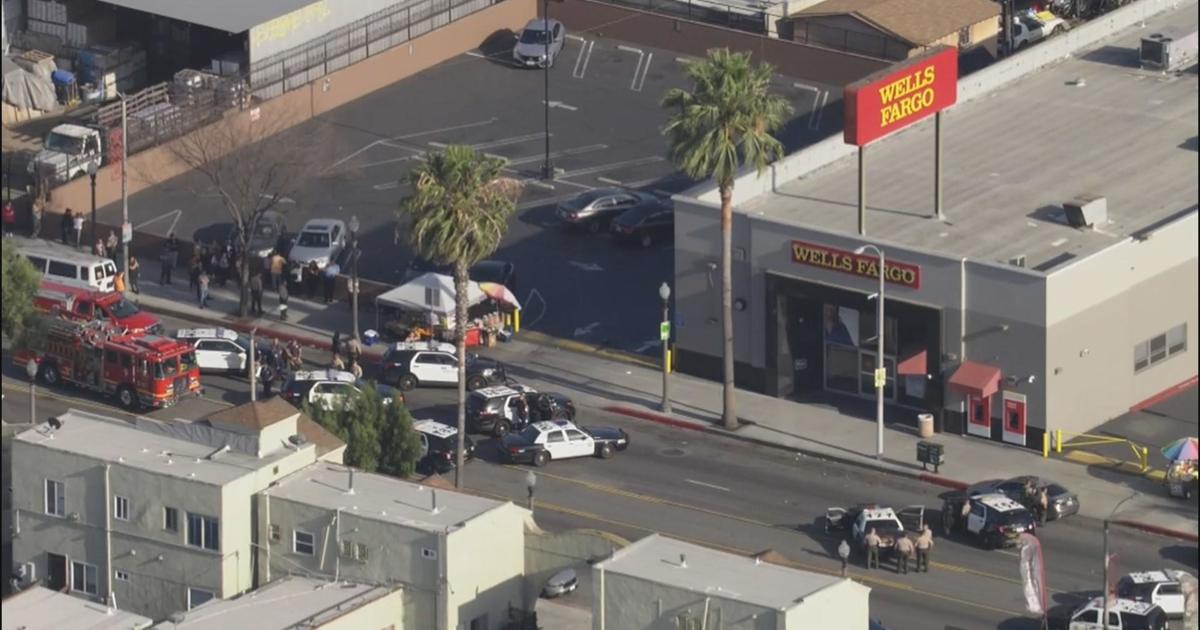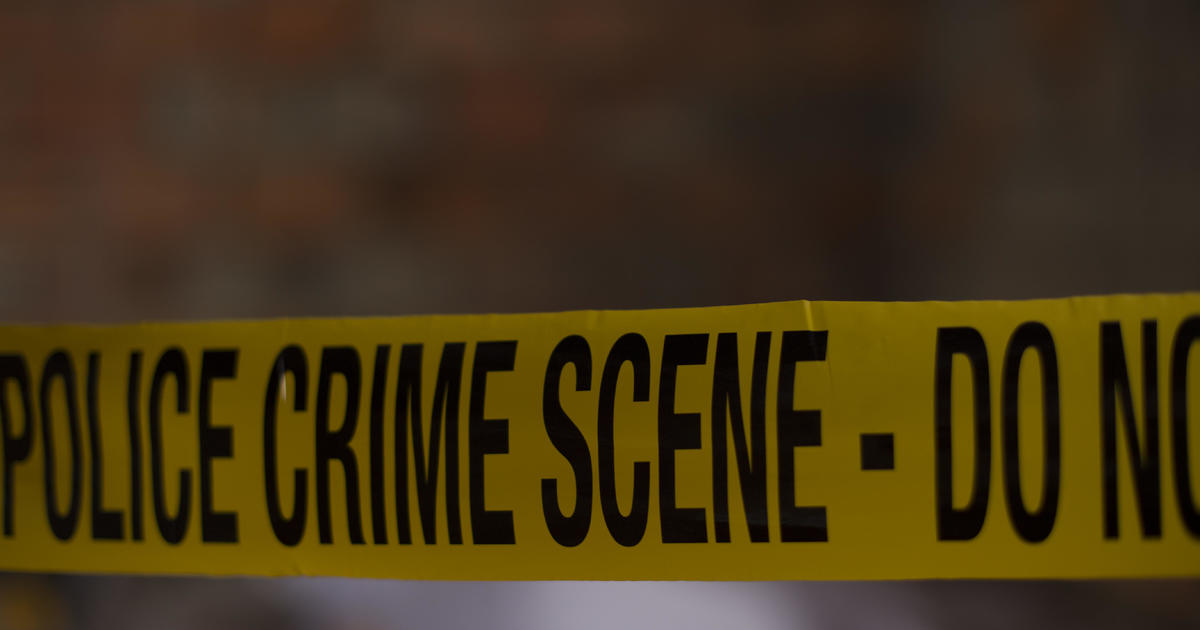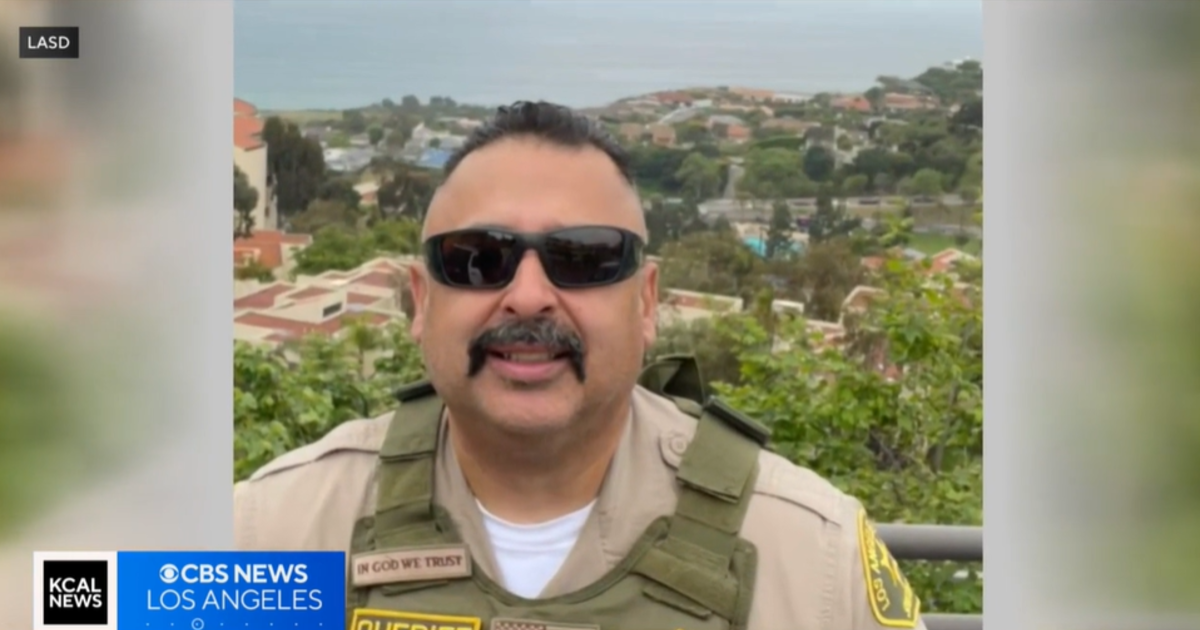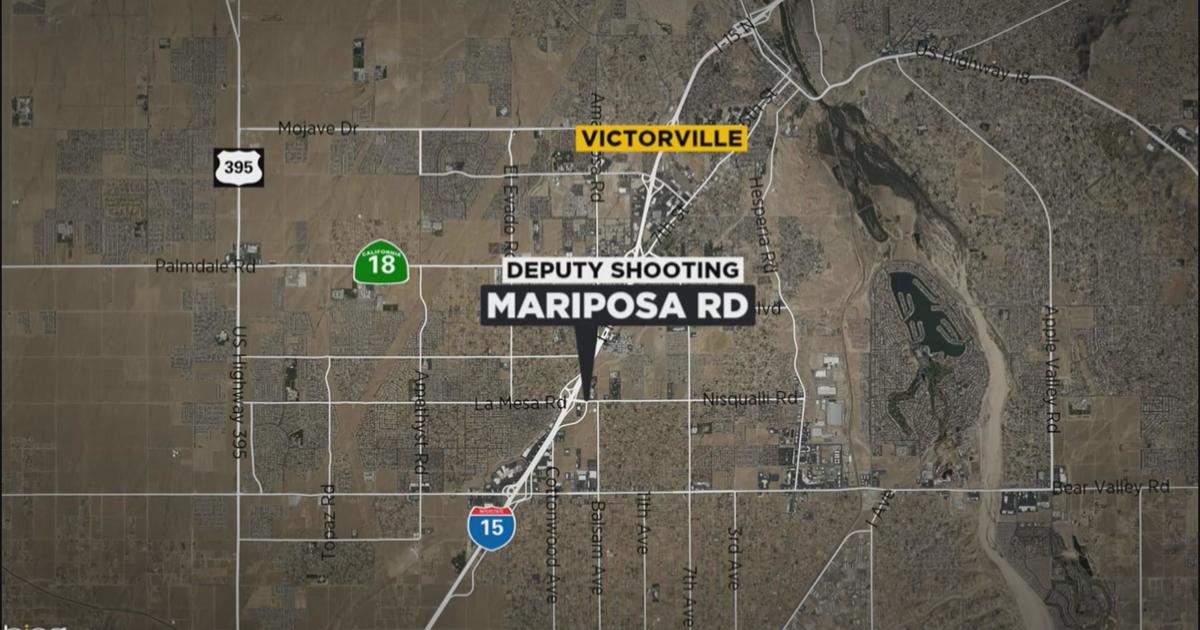Anxiety, Grief And Fear: How To Cope After The Thousand Oaks Mass Shooting
THOUSAND OAKS (CBSLA) – Following a horrific tragedy like the deadly mass shooting at Borderline Bar & Grill in Thousand Oaks – where a gunman opened fire inside the country music spot filled with dozens of college students and several law enforcement officers – feelings of anxiety, grief, fear and even depression are common.
Many may be inclined to avoid crowds and crowded places after witnessing the latest massacre in which a Marine Corps. veteran injured multiple people and killed 12 others, including a sheriff's sergeant, before turning the gun on himself. But a local clinical psychologist said self-isolation is a very slippery slope that can create extra anxiety.
"It's really, really important to identify the positive in every negative situation," said Newport Beach psychologist Jerry Weichman.
Weichman and his colleagues worked with survivors after the Route 91 massacre in Las Vegas.
The advice he gave them last year is the same for those now who are scared and grieving after the shooting.
"It's absolutely 100 percent natural to be worried and be concerned. I think that if you look at this statistically, that even though the odds are coming up, it's still a higher likelihood of dying in a car accident than a mass shooting," Weichman said.
Trauma specialists use several techniques to help people who are anxious and afraid.
Weichman said one way to get to a calmer state is by identifying your five senses.
"What you see, smell, hear, feel, taste – right here, right now at this moment in time and it brings you back to where everything is OK," he said.
It's important, Weichman said, not to focus on what might happen in the future.
"A lot of people get anxiety because their mind and thoughts are in the future about something that might happen to them or their loved ones. The future is bad too because we can't tell what's going to happen next, we've never been 100 percent about an assumption that we've made and that's a square peg, round hole," Weichman said. "So what we want to do, if you're going to think about the future is visualize things being OK for you and your loved ones then go back to right here, right now in the present."
However, some people may hear about mass shootings and not want to go to public places in crowds.
"So what we find with stress and anxiety is that your brain is telling you certain things that aren't happening right now and may never have in your life and it creates a mirage," Weichman said. "You can't get reacted to the mirage. One of the ways to recalibrate your brain is to push through the things that are reversive to you to show your brain you can do it and it's OK."
The psychologist said a beneficial approach is making something positive come out of such terrible situation, such as donating to a GoFundMe account for victims' families or writing a legislator to express your feelings about what has occurred.
The American Counseling Association offers these tips for those experiencing emotional distress:
- Attend to self care. While it may seem counter-intuitive to think about taking care of yourself first, you cannot be of service to others if you are unstable. Monitor all of your physical health needs - being sure to eat, sleep, exercise, and (if possible) maintain a normal daily routine.
- Pay attention to your emotional health. Remember that a wide range of feelings during these difficult times are common. Know that others are also experiencing emotional reactions and may need your time and patience to put their feelings and thoughts in order.
- Try to recognize when you or those around you may need extra support. It is not uncommon for individuals of all ages to experience stress reactions when exposed (even through media) to shootings or mass violence. Changes in eating and sleeping habits, energy level, and mood are important signs of distress. Watch for regressed behaviors, such as clinging in children and intense emotional reactions, such as anxiety or a strong need for retribution in adults. When necessary, point individuals to licensed professional counselors who can provide needed support.
- Avoid overexposure to media. While it is important to stay informed, media portrayals of shootings and mass deaths have been shown to cause acute stress and posttraumatic stress symptoms. Limit your exposure and take a break from news sources.
- Maintain contact with friends and family. These individuals can provide you with emotional support to help deal with difficult times.
- Focus on your strength base. Maintain practices that you have found to provide emotional relief. Remind yourself of people and events which are meaningful and comforting.
- Talk to others as needed. It is important to ask for help if you are having trouble recovering and everyday tasks seem difficult to manage.
The federal government offers assistance for those coping in the aftermath of a natural disaster or mas violence. Call 1-800-985-5990, text "TalkWithUs" to 66746, or click here to be connected with a trained crisis counselor. The services are available 24 hours a day and can provide crisis counseling, information on how to recognize distress and its effects, provide tips for healthy coping mechanisms and referrals to local crisis centers.
For those looking for information on loved ones involved in the mass shooting, an emergency information hotline can be reached at 805-465-6650.
A family reunification center has been established at the Thousand Oaks Teen Center, located at 1375 East Janss Road in Thousand Oaks.



